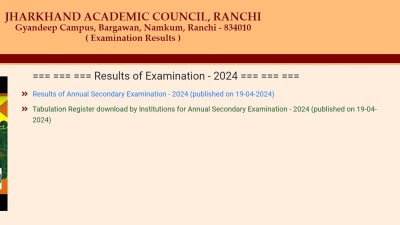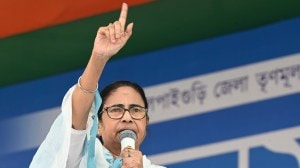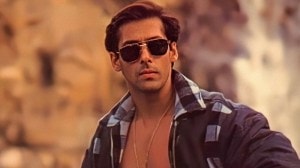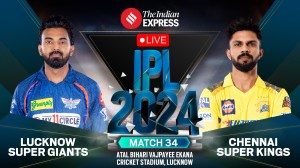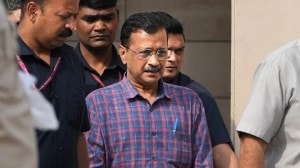- India
- International
General speaks too much
For his sake and ours, Army Chief Bipin Rawat should speak less in public.
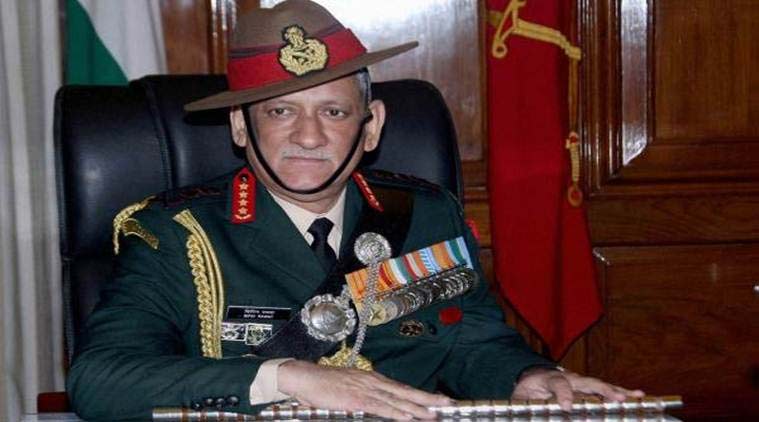 Indian Army chief Bipin Rawat (File)
Indian Army chief Bipin Rawat (File)
Last week, the highest-ranking officer in the Indian Army, General Bipin Rawat, was on a visit to the beautiful district of Kodagu. He had come to unveil a statue of the first Indian Chief of Army Staff. “Time has also come to recommend Field Marshal Cariappa for the award of Bharat Ratna”, said General Rawat at this function, adding, “If others can get it, I see no reason why he should not. He (Cariappa) is a deserving person and we will shortly address the issue on priority”.
I admire and respect our army (I was born and raised next to the Indian Military Academy in Dehradun). And since I now live, vote and pay my taxes in Karnataka, the award of the country’s highest national honour to a native of my state should please me. Furthermore, the friendship between the late Field Marshal K.M. Cariappa’s family and my own family extends over four generations.
And yet I read the reports of General Rawat’s remarks with a sense of dismay. An army chief has no business publicly recommending one of his predecessors for the Bharat Ratna. He should not be doing it at any time, let alone a few months before a crucial state election in Karnataka. If, after consulting widely within the army, General Rawat came to the conclusion that Field Marshal Cariappa deserved the Bharat Ratna, he should have communicated this proposal in a private letter to Rashtrapati Bhavan, rather than proclaim it from a public podium in Kodagu.
In fact, had the proposal been discussed within army circles beforehand, surely other names would have come up for consideration. Cariappa’s singular distinction was that he was the first army chief. He was not necessarily the best, either in the field or as a tactician. Military historians rank his fellow Kodava general, K.S. Thimayya, far higher than him. And why restrict oneself to the army? Perhaps Air Chief Marshal Arjan Singh has as great a claim to the Bharat Ratna as either Cariappa or Thimayya? Did Rawat anticipate these questions before he opened his mouth in Gonikoppal?
That is unlikely. General Rawat’s remarks may have been out of place, but they were certainly not out of character. Unlike previous army chiefs, he has spoken often in public on matters that clearly go beyond his brief, attracting negative publicity for himself and his troops. He should not, for example, have publicly compared stone-pelters in Kashmir to terrorists, nor should he have bragged in public that the army was ready to simultaneously fight war on “two-and-a-half” fronts. Both statements were tendentious in terms of fact, and unfortunate in terms of impact.

General Rawat’s words are open to question, and so are some of his actions. The Union government’s decision to get the army to construct a railway overpass in Mumbai was widely and justly criticised. It seemed more a damage control exercise for the ruling party (hence the rush by Union defence and railway ministers as well as the Maharashtra Chief Minister to be photographed at the site) than a technical imperative. The government’s decision, and the army chief’s compliance with it, also demoralised the railways’ own corps of engineers, since rebuilding a small bridge is scarcely rocket science.
As Sushant Singh wrote in these columns (‘Keep the army out of it’, IE, November 2), the government “must realise the institutional dangers inherent in employing soldiers in non-emergency civilian duties”. For “an unthinking diversion of the armed forces for routine civilian tasks. has long-term costs for the country.”
Over the decades, Indian democracy has suffered from excessive political interference in public institutions. The bureaucracy, the police, the tax and customs authorities and the investigating agencies all lost their autonomy with the advent of Indira Gandhi. What she started, other politicians (of all parties and in all states) have taken further, much further. While there remain individual officials who take their clues from the Constitution rather than from individual ministers, at both Central and state levels, many government departments have become extensions of the party in power.
Among the less compromised of our public institutions are the Election Commission, the Reserve Bank, the Supreme Court and the Armed Forces. But here too, their independence is relative, not absolute. If they are led by people of principle and courage, then their autonomy remains intact and they perform well. If not, they are susceptible to political interference and perform below expectations. One could be reasonably certain that T.N. Seshan and S.Y. Quraishi would strive to keep the Election Commission’s integrity intact, and that I.G. Patel and Raghuram Rajan would design monetary policies in the best interests of the economy. With some others in those posts, one has not been so sure. A lack of moral courage, or ambitions for a post-retirement job, have sometimes led to judges, central bank governors, and election commissioners doing things that they should never have done.
In the past, some army officers have identified with particular politicians — the case of Lieutenant General B.M. Kaul and Defence Minister Krishna Menon in the 1950s being the most notorious. But chiefs of army staff have stayed scrupulously away from politics. Among the chiefs who most admirably upheld the traditions of office was General T.N. Raina. It is documented that, in the run-up to the Emergency and during it, he refused to allow army units to assist the ruling party in any way, even when ordered by his defence minister. It is also believed that, after the Congress lost the 1977 elections, he declined to intervene to abrogate the result.
Most chiefs of army staff have eschewed public commentary on public affairs. There have been only two exceptions; one being the current incumbent, the other the man he so recently praised. In 1952, it was reported that General Cariappa was “giving so many speeches and holding so many press conferences all over the country”. Indeed, he was almost “playing the role of a political or semi-political leader”. The prime minister, Jawaharlal Nehru, wrote immediately to the army chief, advising him to give fewer press conferences. Cariappa, to his credit, complied.
Perhaps the current prime minister will give the present army chief similarly sensible advice. Or perhaps not. But General Rawat should speak less in public, anyway. For, both the frequency and manner of his public utterances have damaged the credibility of his office and of the Indian Army itself.
EXPRESS OPINION
More Explained
Apr 19: Latest News
- 01
- 02
- 03
- 04
- 05












